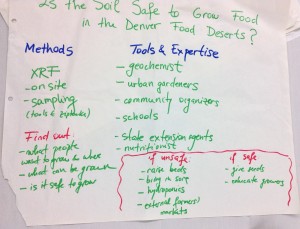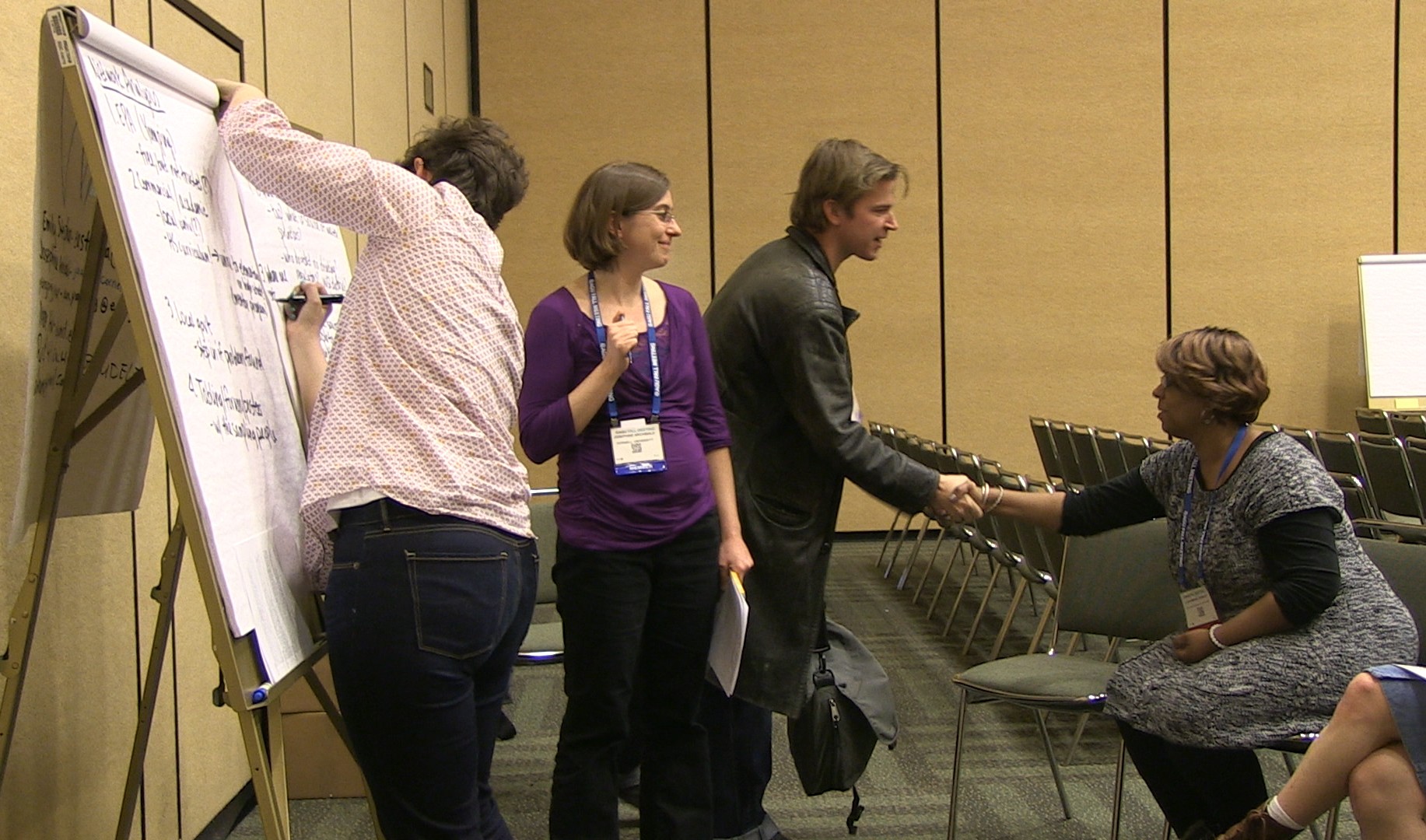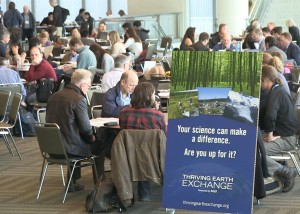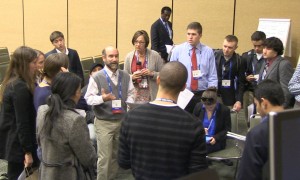The Thriving Earth Exchange is dedicated to “Doing good with science”. We are working to develop new and innovative avenues for communities (a community is any group that might be able to use science to help advance their other priorities) and Earth and space scientists to combine their knowledge to accomplish great things. And we are still customizing our approach to find the best way to do this for each community.
Because we are scientists, we like to test out variables to see what works – is it engaging the biggest number of scientists? Building a long-term relationship between scientists and the community? Providing a range of solutions for the community to pick from, or providing one with the best chance to work? Or is it to build a space to begin the dialogue and training for this whole process?
Our first two community partners (BRADD and White Earth) used the TEX challenge platform. They worked closely with the Exchange team to figure out the exact requirements for a solution and posted online challenges inviting scientific solutions. These online challenges worked as a way to find very specific expertise to help solve a well-defined community problem. But what if the community would like a more collaborative approach to explore several issues?
A Different kind of Challenge
Working with Taking Neighborhood Health to Heart (TNH2H), a neighborhood organization in Denver that believes in engaging scientists and residents as partners in every stage of the scientific process, helped TEX explore other ways to work with communties. Raj, our program director, was invited to attend some of their monthly meetings. While there, one community member succinctly said, “We don’t even know what we don’t [and should] know” during a discussion on how hazards like flooding could affect their neighborhoods. When you don’t know the questions you should be asking in order to get answers that will help preserve your homes and businesses, it can be hard to find answers.
Neighborhood residents wanted to have conversations with scientists instead of receiving solution proposals. These conversations centered on topic areas that TNH2H members wanted to learn more about.
We decided to experiment – instead of listing this challenge on the Thriving Earth Exchange website and asking for solutions, we hosted an interactive brainstorming session at the AGU Fall Meeting. TNH2H representatives introduced their organization and the concept of community-based participatory research to the audience, and then asked everyone to form groups to discuss topic areas such as air, water, and soil quality, geohazards, and climate change. Each team included a TNH2H member to answer questions and share the perspective of neighborhood residents.

An example of the posters created by participants in the live challenge. This team was exploring soil quality concerns in the five Denver neighborhoods. (Credit: AGU)
These teams brainstormed how to use Earth and space science to address the areas of concern. The end results were a variety of suggestions for the TNH2H group to bring back to their neighborhoods, and a list of scientific resources they could contact for more information. The team looking at soil quality concerns made a list of different tools and experts they’d want to involve in the process of finding out whether the soil is safe to grow food in Denver food deserts, as well as some preliminary methods to test the soil. These networks are invaluable to the community and their partners as they build and refine a holistic approach to finding answers and creating action plans.
All the participants in the challenge event learned a lot from each other: the scientists discovered that not all scientific experts are trusted by the public; TNH2H came away from the conversations with further analysis of the four topics originally presented; and our Exchange team members were excited to see the level of enthusiasm and engagement of everyone in the room – AGU members impressed us with their willingness to collaborate with a community in a new way. TNH2H is examining how AGU Members might best work with them as they move forward. That may mean a challenge listed in the Thriving Earth Exchange challenge center, or something entirely new. We are open to new ideas that support our focus on doing good with science.



